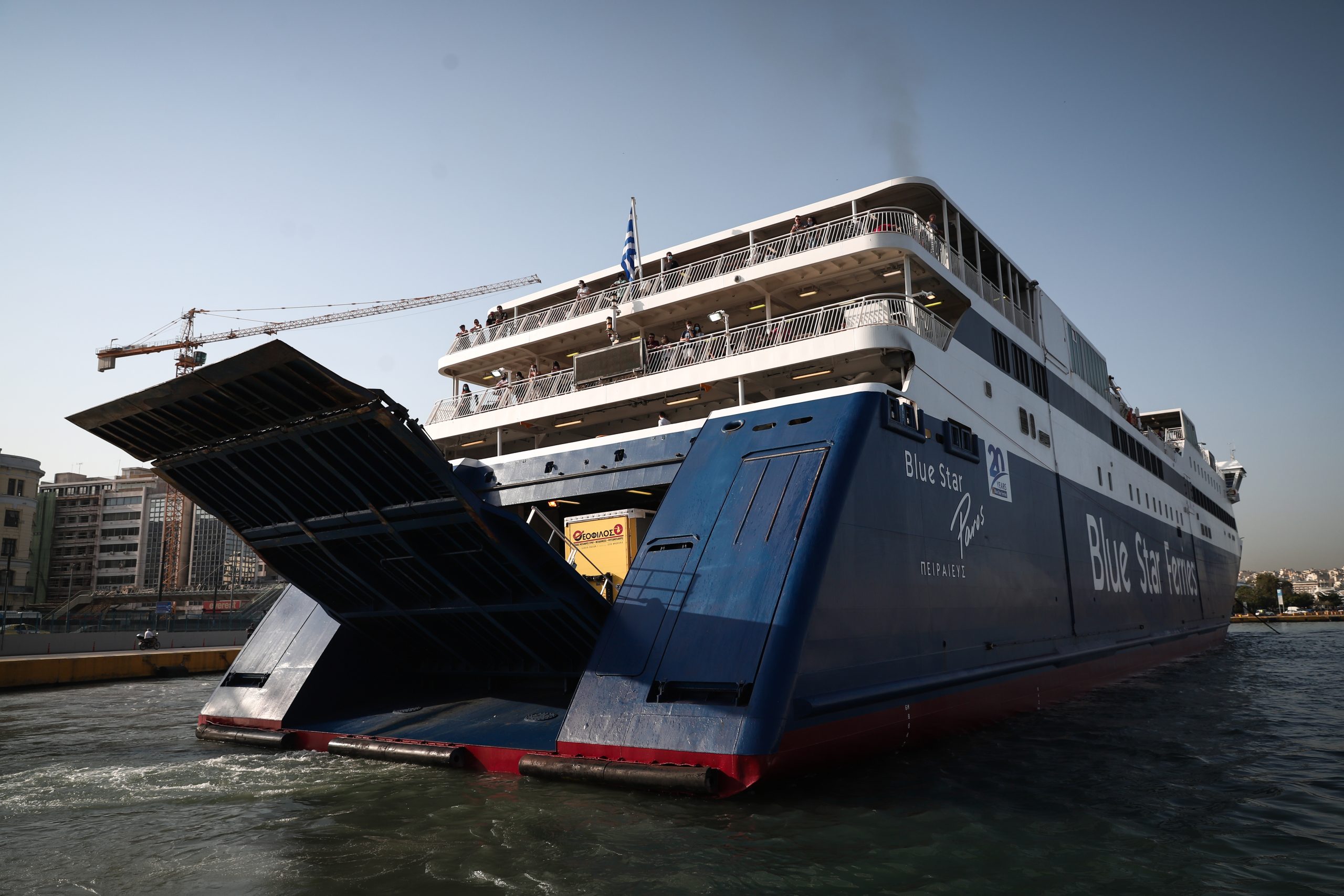
The required funds for the renewal and upgrade of the coastal fleet in the next decade range between 2.6 -3 billion euros, while in addition more than € 100 million are needed to upgrade the fleet to newer ships.
The above is pointed out in the 20th study of Hellenic Shipping by XRTC, which finds the industry at a particularly critical turning point and in view of significant losses due to the pandemic that threaten the viability of the industry.
The criticality of the situation is due, among other things, to the pandemic which acted as a catalyst in the emergence of its chronic economic problems, which were overshadowed by the positive dynamics created by the steady upward trend of demand in the four years 2016-2019. Characteristically, the coastal passenger traffic in 2019, amounted to almost 19 million (domestic network), a development that resulted in returning to the level of 2009. Respectively, on the Adriatic lines, the number of passengers transported from Greek ports amounted to 1.5 million. in 2019. The upward trend of the transport project with coastal transport was mainly due to the increase of the tourist flow from abroad but also the improvement of the psychology of the Greek users with the gradual improvement of the financial situation.
The overturn of 2020
However, everything was turned upside down in 2020. The transport sector, and especially the passenger sector, was the one that faced an unprecedented situation, that of fleet stagnation. On the other hand, freight transport continued to produce work while continuing to supply the market smoothly. Hellenic Coastal Shipping imposed a restriction on the movement of passengers on the Aegean coastal shipping lines from the end of March 2020 to mid-May 2020, followed by a reduced passenger protocol on ships after the lifting of restrictive measures. Respectively, in the Adriatic Sea the measures included the ban on the movement of passengers and vehicles from mid-March to the end of June 2020.
The immediate taking of measures to strengthen and compensate the passenger ship industry for the losses suffered due to the reduced passenger traffic in combination with the increase of fuel prices, as well as the debts of € 50 million for the execution of Public Service routes, mainly for the service of the small islands of the country, was requested in a letter to the Minister of Shipping and Island Policy, by the Association of Passenger Shipping Companies (SEEN). As pointed out in the letter, passenger traffic in the first half of 2021 will be lower than in 2020, both on the island ferry lines and on the Greece-Italy lines.
In terms of financial results, we note for 2021 the increase in fuel prices which will negatively affect the results of 2021. Indicatively, it is stated that the average price of 380cst / Rotterdam for the first half of 2021 has increased by 64 % compared to the corresponding half of 2020. In fact, it is estimated that at the end of the year, the average price will be increased by 60% -70% compared to 2020, significantly burdening companies already affected by the pandemic. The temporary pleasant climate of increased summer traffic may not be enough to cover the combined rising costs of the year we are going through.
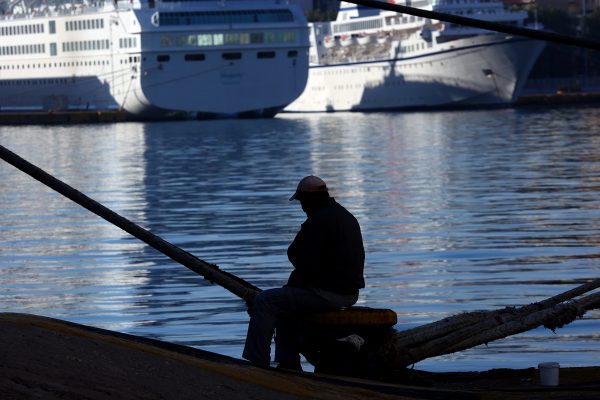
Significant legislative interventions
For its part, the state, XRTC notes, has implemented some important legislative interventions, such as the draft law “Integrated maritime policy in the island area”. According to the Ministry, this is a holistic strategic approach with specific development financing tools. This is what the market itself is anxiously waiting for, which is obliged to lead to new investments.
Law 4770/2021 provides for the preparation by August 2021 of the National Strategy for the Integrated Maritime Policy in the Island Area, constituting the “road map” of the country for the necessary policies and financing to the island area. In addition, it provides for the creation of three targeted financial instruments of a permanent nature that will concern the financing of critical public infrastructure and operations (ports, water management, ferry connections, etc.) or the provision of special programs to provide incentives to maintain small -mainly family- businesses on its islands.
As evidenced by the economic analysis included in the Study, the loss of the passenger transport project was mitigated by the freight traffic. The supply chain and logistics faced many challenges during the pandemic period for the proper supply and operation of the market. These industries had to adequately meet the needs under these extremely difficult conditions.
Renewal
One of the biggest challenges facing the industry is the renewal of the Shipping Fleet. According to a relevant study by NEE and SEEN, in 2030 the age of 32.7% of the Shipping Fleet will be older than 40 years, with 18 ships being older than 50 years. Characteristic of the aging of the fleet is that the whole fleet is over 7 years old with an average age of 25 years. In practice this means that in the next 10 years 50% of the existing fleet will have to be replaced with the assumption that maintenance costs for ships over 35 years of age will increase prohibitively. As smaller ships suitable for our Ferry lines are not available for sale in the International Market, the only solution for fleet renewal is the construction of new ships whose cost is high mainly due to the new environmental standards, while the construction time exceeds 2-3 years. In the plan of the Recovery Fund there is a provision of € 1 million for the completion of the study which will reflect the total needs and the possibilities of financing the shipyards.
Based on analyses by XRTC Business Consultants, the required funds for fleet renewal and upgrade over the next decade range between € 2.6 to € 3 billion while in addition more than € 100 million are needed to upgrade the fleet to newer ships. These amounts are large in themselves and pose a challenge to the domestic shipbuilding industry which has gained momentum with the investment entry of experienced shipping investors. The necessity of new constructions but also the preference of Greek coastal shipping companies in the construction and repair of ships in our country will push and accelerate the start of shipbuilding activity with a forecast to start new constructions within 3 years. 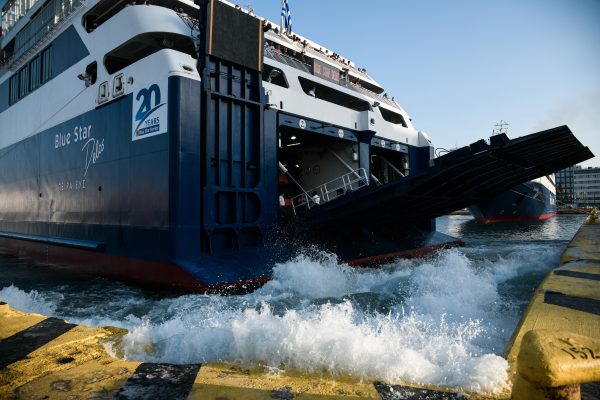
Opportunities
This decade, which has a horizon of 2030, is a period of opportunities for companies in the industry to adapt to the new business environment. These opportunities arise from the financial tools provided by the EU. in the context of its policy regarding the environment and sustainable development as well as the willingness of the Greek State to assist in the effort to maintain the cohesion of the island area with mainland Greece. Another opportunity is the new ESG standards which in the near future will impose the change of operating culture and new management models of companies. Familiarity and compliance with these new practices will largely determine the viability of shipping companies as, among other things, access to funds and their costs will be affected.
Hellenic Shipping is now in an environment of turmoil. Technologically everyone is trying to predict the “ideal” fuels that will allow them to operate the fleet in the coming decades, management companies are forced to turn to new forms of management respecting sustainable development, transparency and social responsibility and financially have to look to attract the interest of young investors, able to realize the many opportunities that are expected to emerge at the end of the pandemic. The anticipated necessity of market credit support not only at national but also European level gives new optimism.
In this environment, mistakes can not be forgiven as there are guarantees of success that start from the very successful history of the industry and its continuous contribution to society as a whole. Hence the obligation of the state to support it.
Latest News
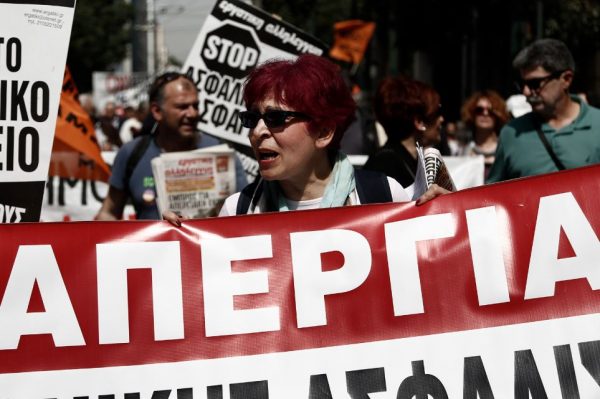
Greece’s Top Unions Announce April 9 Nationwide Strike
As of now, there is no official announcement on whether workers in public transport systems will join the strike, leaving questions about the availability of buses, metro, and trams on the day.
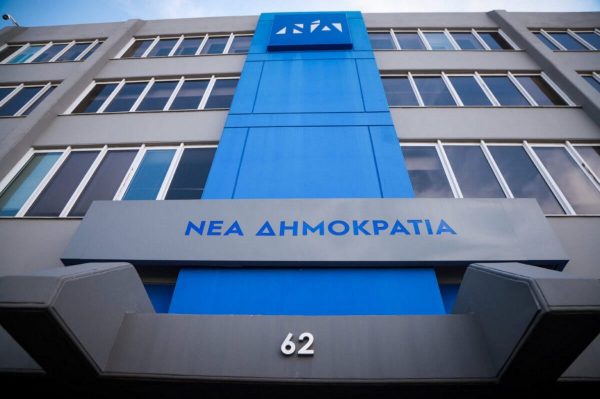
PM Mitsotakis to Chair New Democracy’s Committee Meeting
Today’s meeting is seen as a crucial opportunity to halt internal disputes within ND and reaffirm unity within the party.

Trump Tariffs Jeopardize Growth: Piraeus Chamber of Commerce
The tariffs, aimed at reducing the U.S. trade deficit, are expected to have both direct and indirect effects on the European economy

EU Condemns Trump Tariffs, Prepares to Retaliate
As tensions escalate, the EU is expected to continue negotiations with Washington while preparing for potential economic retaliation.

The Likely Impact of Trump Tariffs on Europe and Greece
Trump tariffs are expected to negatively affect economic growth in the Eurozone while Greece's exports could take a hit.

Motor Oil Results for 2024: Adjusted EBITDA of 995 mln€; Proposed Dividend of 1.4€ Per Share
Adjusted EBITDA for 2024 was down 33% yoy. The adjusted profit after tax for 2024 stood at 504 million euros, a 43% decrease from the previous year

Cost of Living: Why Greece’s 3% Inflation Is Raising Alarm
Greece appears to be in a more difficult position when it comes to price hikes, just as we enter the era of Trump’s tariffs.

Fitch Ratings Upgrades the Four Greek Systemic Banks
NBG’s upgrade reflects the bank’s ongoing improvements in its credit profile, Fitch notes in its report, including strong profitability, a reduction in non-performing exposures (NPEs), and lower credit losses

Trump to Announce Sweeping New Tariffs Wednesday, Global Retaliation Expected
With Trump's announcement just hours away, markets, businesses, and foreign governments are bracing for the fallout of one of the most aggressive shifts in U.S. trade policy in decades.

Inflation in Greece at 3.1% in March, Eurostat Reports
Average inflation in the eurozone settled at 2.2%, compared to 2.3% in February






























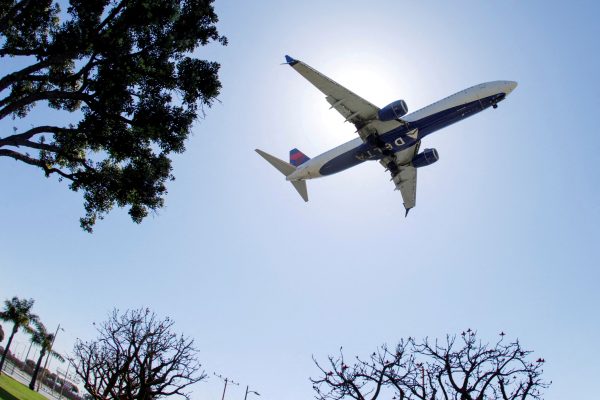
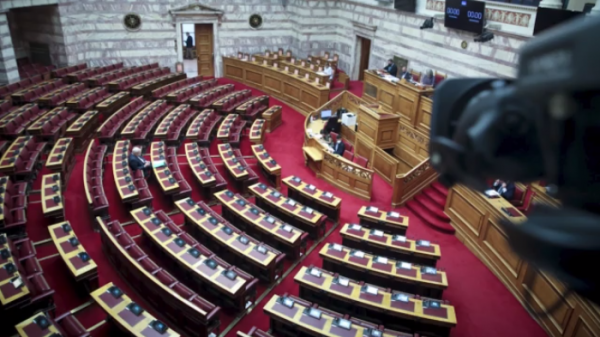



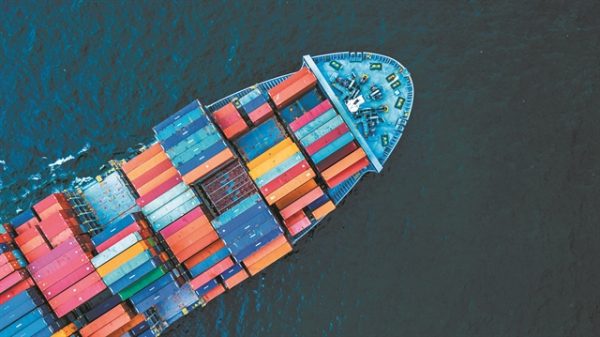
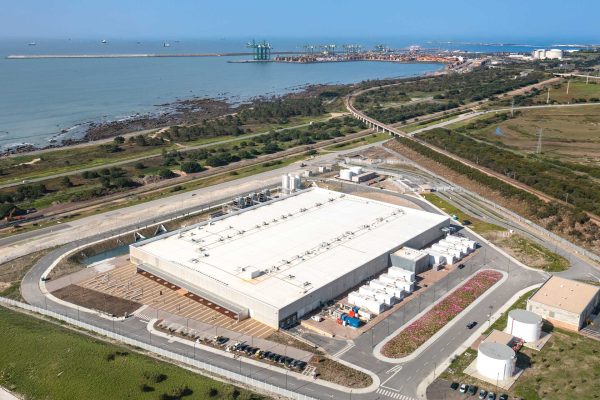

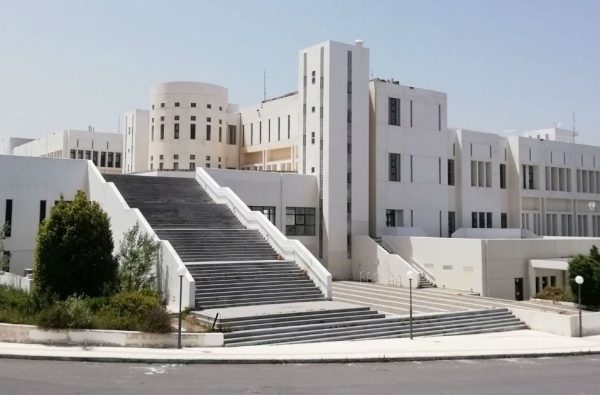
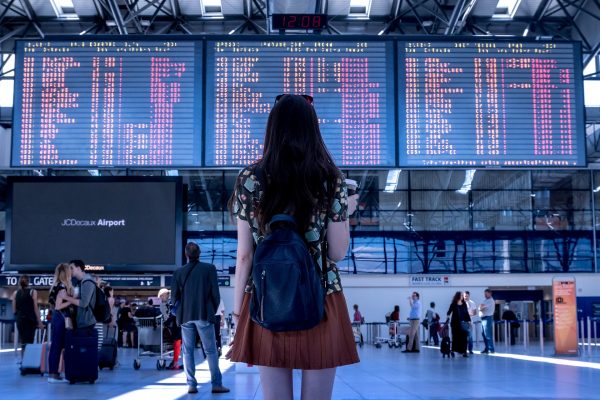


 Αριθμός Πιστοποίησης
Αριθμός Πιστοποίησης